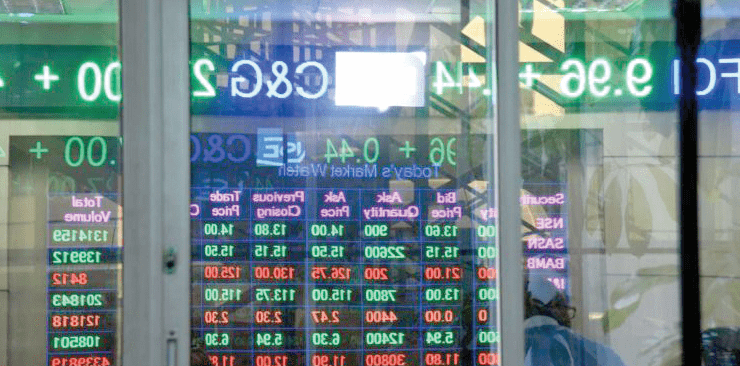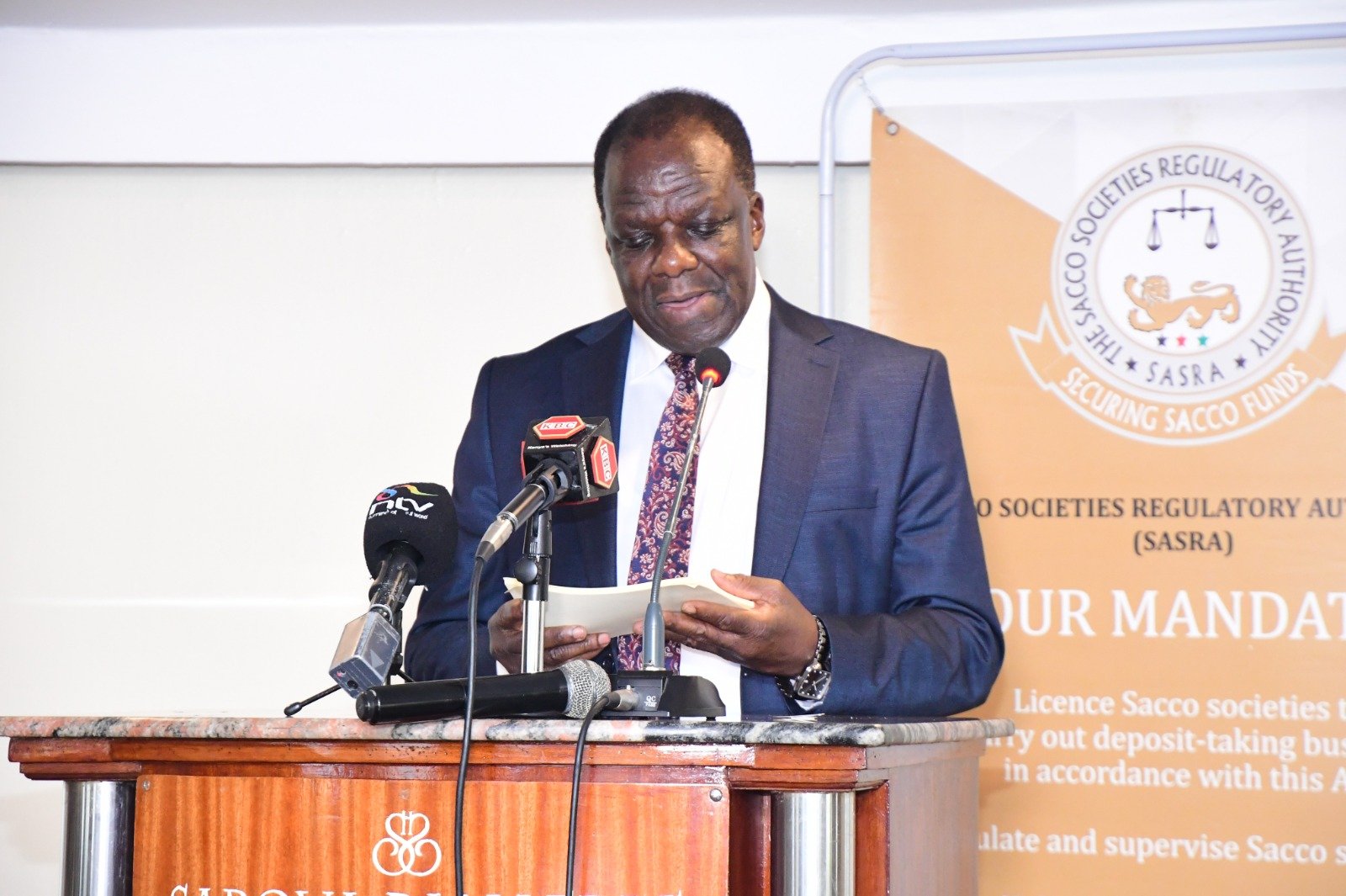NSE investor wealth rebounds, jumps 1.3% to Ksh2.08 trillion

Nairobi Securities Exchange (NSE) posted a strong performance last week, with market capitalisation climbing 1.3 per cent to Sh2.08 trillion from Sh2.054 trillion, signalling a recovery in the value of listed companies.
This resurgence was underpinned by increased trading activity and positive market sentiment, driven by key developments in monetary policy, global index inclusions, and sectoral strength.
Central Bank of Kenya’s (CBK) decision to lower the benchmark interest rate to 11.25 per cent from 14 per cent last year continues to play a key role in boosting the stock market’s appeal.
The rate cut has made equities more attractive relative to fixed-income investments, encouraging investors to seek higher returns in the stock market.
Further, the inclusion of more NSE-listed firms, such as KCB Group and Co-operative Bank, in the Morgan Stanley Capital International (MSCI) Frontier Markets Index enhanced visibility and drew foreign capital into the market. Sectoral performance also contributed to the upbeat mood.
Telecommunications, banking, insurance, and energy stocks recorded strong gains, reflecting resilience in key areas of the economy. Safaricom remained a dominant player, while banks such as KCB and Co-operative Bank benefited from increased investor interest following their MSCI recognition.
The positive outlook was further bolstered by Moody’s improved assessment of Kenya’s creditworthiness, which reassured investors about the country’s economic stability despite lingering concerns over its debt profile.
The NSE 20-Share Index gained 1.82 per cent to close at 2,185.88 points compared to 2,146.86 points in the prior week. Similarly, the All-Share Index rose by 1.29 per cent to 132.48 points, while the NSE 25 Share Index and NSE N10 advanced by 2.86 per cent and 3.05 per cent, respectively. These gains reflected broad-based optimism across the market as investors responded positively to favourable macroeconomic developments.
Trading activity surged significantly during the week. The volume of shares traded jumped 24.71 per cent to 163.24 million shares from 130.90 million shares in the previous week, underscoring heightened investor participation.
Equity turnover climbed an impressive 30.56 per cent, reaching Sh2,394.11 million compared to Sh1,833.75 million a week earlier. This increase in turnover highlighted robust liquidity and growing appetite for equities among both local and foreign investors.
Bond turnover also saw a modest uptick of 4.97 per cent, closing at Sh49,342.85 million from Sh47,006.65 million in the prior week as fixed-income securities continued to attract attention amid shifting market dynamics.
Market activity remained concentrated among a few key players. Safaricom led with a turnover of Sh878.29 million, followed by KCB at Sh490.87 million, HF Group at Sh268.30 million, EABL at Sh153.25 million, and Stanbic Holdings at Sh142.56 million.
Collectively, these five companies accounted for 80.75 per cent of total market turnover, underscoring their outsized influence on overall trading activity.
Despite these strong metrics, foreign investor activity presented a mixed picture for the market’s outlook. The NSE recorded a net foreign outflow of Sh27.14 million during the week—a sharp reversal from the previous week’s net inflow of Sh85.56 million—indicating that foreign investors were net sellers amid profit-taking or cautious repositioning strategies.
Foreign turnover accounted for 45 per cent of total market turnover during the week, while local investors made up the remaining 55 per cent.
Analysts noted that while Moody’s positive credit rating outlook boosted sentiment among international investors, local participants remain largely driven by domestic fundamentals rather than external ratings.
Kenya’s persistent “junk” credit rating from major agencies continues to weigh on its ability to attract offshore capital on favourable terms despite Moody’s optimism about its economic trajectory.
Analysts argue that only an upgrade to “investment grade” status would meaningfully shift investor sentiment and reduce perceived risks tied to Kenyan assets.












